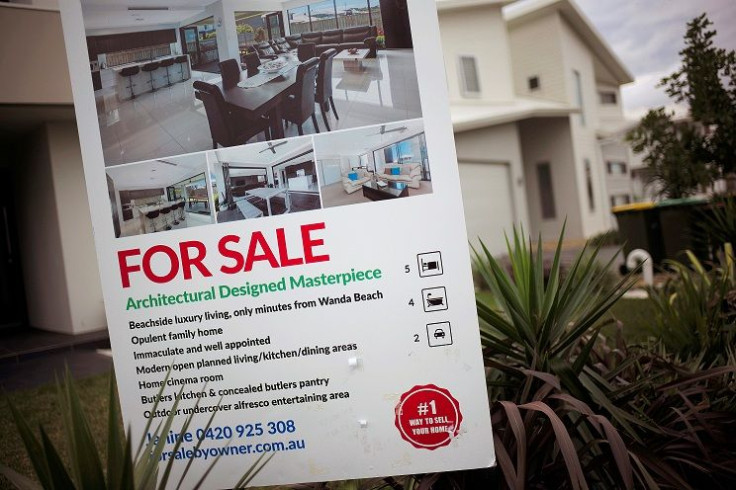Buying vs renting: Here is what economists in Australia say about real-estate decisions

Should you buy a home or invest your capital elsewhere and rent instead? Which of the two will be a better option from a financial point of view? This is one of those many questions that have perplexed people for ages.
Most people prefer buying a property to renting it. They believe renting is basically “dead money”; it’s like you are paying someone else’s mortgage— that it will get you nothing in return. That being said, if you own a house, you can use put the money to better use elsewhere.
On the other hand, people believe that buying a house requires a fortune. Also, there are a lot of fees and charges that need to be paid. This includes insurance, bills, inspection and maintenance costs, etc. You will also need to pay the interest, which can amount to quite a lot.
So, which one really is the better option then? Economists Dominic Crowley and Shuyun May Li researched on the topic using data from 1983 to 2005. According to a News.com.au report, they closely examined the figures and derived the answer.
Buying is Better
According to Crowley and Li, buying a house is the wise thing to do.
“Buying was financially more favorable than renting over most of the past three decades across Australian capital cities,” the economists wrote in their report. “The results suggest that buying is currently favorable in Sydney, Melbourne, Perth and Darwin, and neither buying nor renting is clearly favorable for other capital cities.”
How was the research conducted
Two scenarios were constructed, buying and renting, according to The Sydney Morning Herald. The buyers buy a house and put down a 20 percent deposit. At the end of 10 years, the house is sold. From this capital amount, upfront and ongoing costs are deducted. These costs include maintenance, interest, water bills, etc.
The renters, on the other hand, rent a house for 10 years. The money is invested in shares and term deposits. Three-time moving costs are also included in this 10-year payment. After 10 years, the investments are sold and the tax is deducted from the capital. Both scenarios are in a median-priced detached, established house. When these scenarios were compared, buying was seen as the more profitable option.
Timing matters
Another finding made by the economists was buying was the better option in Sydney, except in two cases. In 1989-1990 and 2003-2004, renting was the better option. In the first instance, there were high interest rates. In the second, house prices did not increase much so selling was not profitable.
Buying was also more favourable in Brisbane. In Melbourne, renting was a better option in 1990 while buying was better for the rest of the period. This showed the timing of buying or selling a house matters a lot.
“In each capital city, there were prolonged periods where the median house price rose strongly ... In each city there were at least four years where the median house price increased by more than 10 per cent in real terms. On the other hand, there were also multi-year periods in each city where the median house price was stable or fell slightly in real terms,” Crowley and Li wrote.
What we learn from this study
This study, while useful, was done on past data and thus cannot be used to predict with 100 percent accuracy how the house market will fare in the future. House prices have continued to increase for the past three decades. The question is whether this increase will continue in the same fashion.
The economists constructed 144 future scenarios, and buying was deemed to be the more feasible option in each scenario, for Australians. However, a lot of factors need to be kept in mind, as the researchers themselves said, “ This paper demonstrates the importance of timing, choice of investment portfolio, as well as frequency of moving for this decision.”
Buying is not guaranteed to be a financially better option for you, but it is highly likely that it will be. And never forget, buying offers the benefits of never having to deal with a landlord, or evicting only because they need you to. Renting does not require quite that much capital upfront, but you need to pay an amount each month and thus saving may be more difficult.
Consider your timing and house prices carefully, and you will most probably be better off buying a house.






